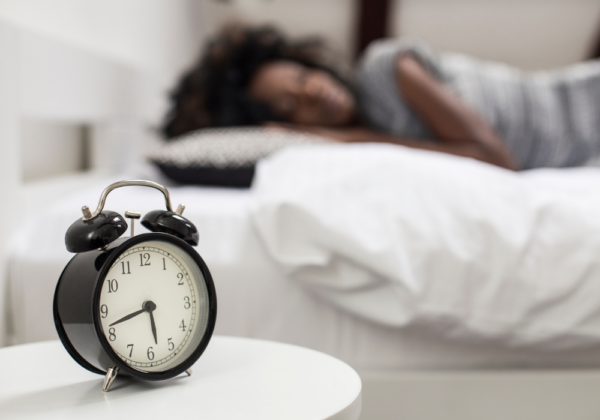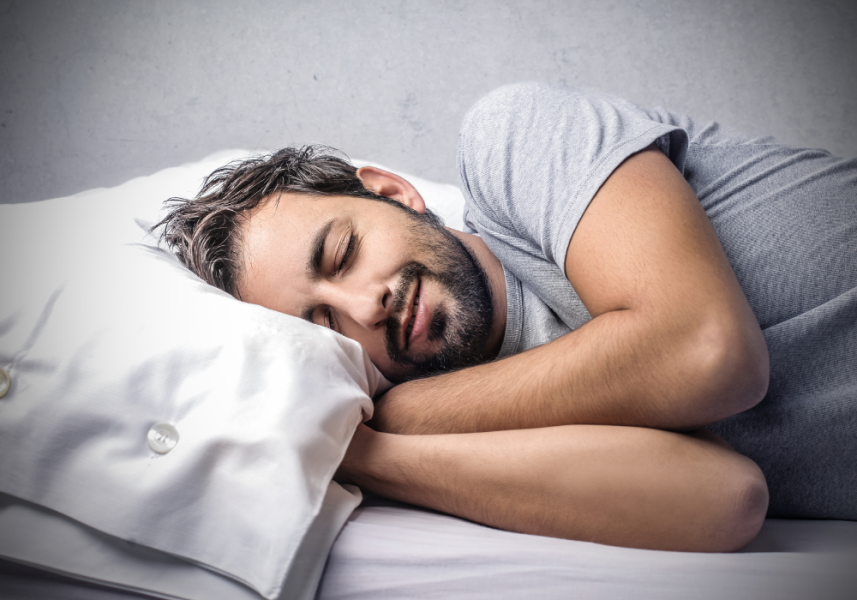In today’s fast-paced world, sleep often takes a backseat to our busy lives. Yet, it’s a critical component of overall health and well-being. Sleep quality is not just about the number of hours you spend in bed; it’s about how well you sleep during those hours. This blog will guide health enthusiasts through various natural methods to improve sleep quality, covering everything from understanding sleep stages to managing stress and adjusting dietary habits.
Understanding Sleep Quality
 Sleep Quantity vs Sleep Quality
Sleep Quantity vs Sleep Quality
Many people think that getting enough hours of sleep is the key to feeling rested. While sleep quantity is important, sleep quality is equally crucial. Quality sleep involves uninterrupted rest and cycling through the different stages of sleep effectively. This ensures you wake up feeling refreshed and energized.
Exploring the Stages of Sleep
Sleep consists of multiple stages, including light sleep, deep sleep, and REM (Rapid Eye Movement) sleep. Each stage serves a unique function. Light sleep is the transitional phase, deep sleep is essential for physical recovery, and REM sleep is vital for cognitive functions like memory and learning. A healthy sleep cycle should allow your body to go through these stages seamlessly.
The Significance of Sleep Stages
Each sleep stage contributes to overall health. Deep sleep helps repair muscles and tissues, while REM sleep boosts brain health. Disturbances or imbalances in these stages can result in feeling tired even after a full night’s rest.
Factors Affecting Sleep Quality
Environmental Factors
Temperature: The temperature of your sleeping environment can significantly impact your sleep quality. Ideally, your room should be cool, around 15-20 degrees Celsius, to promote restful sleep.
Light: Exposure to light, especially blue light from screens, can disrupt your circadian rhythm and make it harder to fall asleep. Consider using blackout curtains and avoiding screen time at least an hour before bed.
Noise: Even subtle noises can fragment your sleep and reduce its quality. White noise machines or earplugs can help create a quieter environment conducive to quality sleep.
Behavioural Habits
Screen Time: Excessive screen time, particularly before bed, can interfere with your ability to fall asleep. Blue light emitted from phones, tablets, and computers inhibits the production of melatonin, the hormone responsible for sleep.
Exercise: Regular physical activity can help you fall asleep faster and enjoy deeper sleep. However, exercising too close to bedtime can have the opposite effect, making you more alert and awake.
Diet: What you eat and drink can significantly affect your sleep. Caffeine and heavy meals close to bedtime can disrupt your sleep patterns. On the other hand, foods rich in tryptophan can promote sleepiness.
Health Conditions and Medications
Certain health conditions, such as sleep apnea or restless leg syndrome, can severely impact sleep quality. Additionally, medications for various ailments can have side effects that disrupt sleep. If you suspect a health condition or medication is affecting your sleep, consult a healthcare professional.
Natural Ways to Improve Sleep Quality
 Establishing a Consistent Sleep Schedule
Establishing a Consistent Sleep Schedule
One of the most effective ways to improve sleep quality is by maintaining a consistent sleep schedule. Go to bed and wake up at the same time every day, even on weekends. This helps regulate your body’s internal clock and makes it easier to fall asleep and wake up naturally.
Creating a Relaxing Bedtime Routine
Developing a calming pre-sleep routine can signal your body that it’s time to wind down. Activities such as reading a book, taking a warm bath, or practicing gentle yoga can help prepare your mind and body for sleep.
Managing Stress and Anxiety
Mindfulness Techniques: Mindfulness practices, such as meditation and deep breathing exercises, can help calm the mind and reduce stress, making it easier to fall asleep. Apps like Headspace and Calm offer guided meditations specifically designed for sleep.
Relaxation Techniques: Progressive muscle relaxation and visualization techniques can also be effective. These methods involve tensing and then slowly relaxing each muscle group or picturing a serene landscape to distract your mind from stressors.
Making Dietary Adjustments
Foods to Avoid: Caffeine and alcohol can interfere with sleep. Avoid consuming them in the late afternoon and evening.
Foods to Include: Incorporate sleep-friendly foods into your diet, such as almonds, turkey, and chamomile tea. These foods contain nutrients that promote relaxation and sleep.
The Role of Technology
Sleep Tracking Devices
Modern technology offers various devices to track and improve sleep quality. Wearable devices like Fitbit and smartwatches monitor sleep patterns, providing valuable insights into your sleep cycles and quality.
Smart Home Devices
Smart home devices, such as smart thermostats and lighting systems, can help create an optimal sleep environment. These devices can adjust room temperature and lighting to support better sleep.
Improving sleep quality is a holistic process that involves understanding the factors affecting your sleep and making necessary adjustments to your lifestyle. By incorporating natural methods such as maintaining a consistent sleep schedule, creating a relaxing bedtime routine, managing stress, and adjusting your diet, you can significantly enhance your sleep quality. Prioritizing sleep is crucial for your overall health and well-being.

